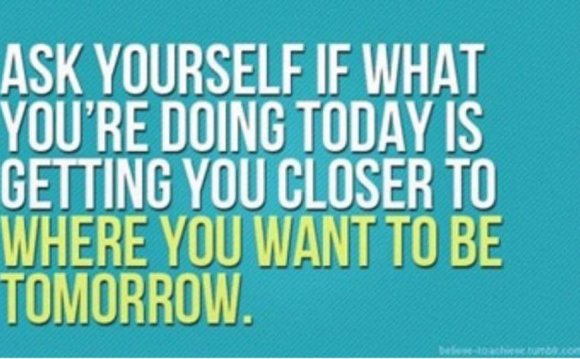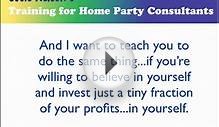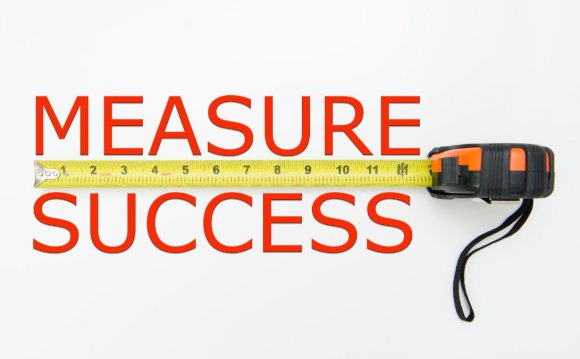
 Leaving full-time employment, and bringing all the skills and expertise acquired over the years to set up as a self-employed consultant, has become a popular move for people in a broad range of industries and sectors. Historically, it has always been an option of choice for senior managers who have faced redundancy or taken early retirement, but with a growing freelance labour market, it presents opportunities for a much broader cross section of individuals.
Leaving full-time employment, and bringing all the skills and expertise acquired over the years to set up as a self-employed consultant, has become a popular move for people in a broad range of industries and sectors. Historically, it has always been an option of choice for senior managers who have faced redundancy or taken early retirement, but with a growing freelance labour market, it presents opportunities for a much broader cross section of individuals.
The very term consultant denotes someone who is authoritative and knowledgeable on a particular subject, and that experience and know-how are something that other organisations need and are willing to pay for. But when you are working solo, from your home, how easy is it to find and win contracts in a crowded and highly competitive freelance consultancy marketplace, while at the same time juggling the responsibilities of a small business owner, managing finance and cashflow, planning marketing strategies, and handling paperwork?
It is a challenge that music education adviser and consultant Nigel Taylor, based in Stafford, is just getting to grips with, having just completed 33 years of working as a public servant in education in a variety of roles, including teacher, music adviser, Ofsted inspector, and head of cultural development.
He says: "Although I've only recently become a freelance consultant, I started preparing for the move over a year ago. It involved a lot of planning, some market testing and a lot of soul searching, but because I had prepared, the transition was easier than I expected."
His criteria for the type of work he is looking for include contracts where he feels he can add real value, and that will also interest and stretch him.
"So far, most of it has come through contacts from my previous career and via their recommendations, " he says. "I also keep an eye on journals and websites where contracts are listed. It's probably true to say that public sector contracts are fewer in number and more competitive than a couple of years ago. Not only is there significantly less money around, but some organisations have become increasingly cautious and reluctant to engage outside support, even if it is absolutely what they need."
In terms of support in helping him set up as a self-employed consultant, Taylor says his new accountant has provided good advice on the business and finance side. He is currently researching into how to market his services in a more focused way, and maximise the potential of his large network of contacts and colleagues, without taking advantage of them.
Although he hasn't found the self discipline of being home-based and self-employed hard to find, he admits that in the early weeks, it can feel a little isolating.
"Sometimes being able to work from home was a feature and a benefit of my previous employment and always required a lot of self-discipline and self-motivation, so that aspect of the transition wasn't difficult, although I do sometimes miss the camaraderie of being office-based and having close professional contact with colleagues, " he adds.
Northumberland-based marketing consultant Claire Shiels, who had previously held senior in-house marketing roles with the likes of Eversheds and Newcastle College, also did her homework before launching her freelance career.
She says: "My last in-house role was as head of communications for a chain of rural property agents, which I left five years ago when I was having problems organising childcare. I tested the water before I left my job by seeking opinion on my business model from LinkedIn contacts and pitching for work on a number of freelance job sites, including Peopleperhour and Elance. Once I was confident that there was a large enough market for my proposition and interest in my own personal skill set, I took the plunge and became self-employed, working from home."
Shiels also made sure she had enough capital to support her through the early days while she became established and able to secure work from regular clients.
She says: "It is a very competitive marketplace, so I started out offering to do work for a very low rate, just to get a foothold. However, the real key to sustainable success and finding the type of projects and contracts that you want, is to research the market well and offer an attractive overall package to prospective clients. If you position yourself well, the competition won't matter."
Engaging the support of professional contacts and making use of the many free online resources, including freelance work platforms and social media sites, some of which are industry or profession specific, can help consultants get their new careers off the ground fairly quickly.
INTERESTING VIDEO














